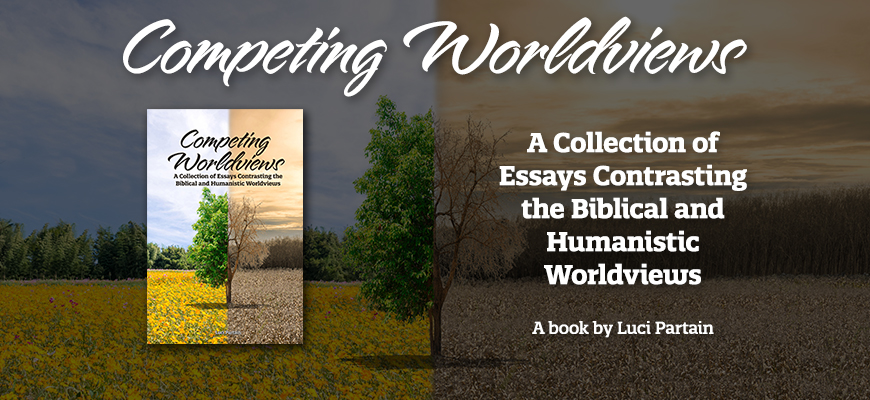
While the church in Jerusalem was doing an exceptional work, not all among them were completely sincere. Ananias and Sapphira, a husband and wife, basically did what the others were doing. They sold a piece of property and brought money from the sale to the apostles (Acts 5:1-2). What was different about their contribution compared with the others in the previous chapter was that they “kept back some of the price” (Acts 5:2).
While it is not directly stated, we know the couple gave part of the proceeds of the sale, while portraying it as being the whole amount. We know this because Peter condemned them for lying to the Holy Spirit (Acts 5:3). We also see that their property, before and after the sale, was in their control (Acts 5:4). They could choose to give some or all of it. There was no sin in keeping some of the profit from the sale. The sin was their deception as they tried to make it look like they gave the entire amount they had received.
In reality, the only reason for them to do this would be for the appearance it gave to others. As we conclude from Peter’s statement, the money was in their control; therefore, they could keep back as much as they wanted. But they tried to make themselves appear to be as generous and caring as the other Christians like Barnabas (Acts 4:36-37).
We need to remember that what we give is personal. It is our decision and does not concern anyone else. Jesus spoke of the hypocrites who would give publicly “so that they may be honored by men” (Matthew 6:2). He then added, “Truly I say to you, they have their reward in full.” They wanted the praise of men. They got it, but that was all the reward they would receive. In contrast, our giving should be done in such a way that we could nearly say that our left hand does not know what our right hand is doing (Matthew 6:3). When we give “in secret,” that is, give without seeking the praise of men, our “Father who sees what is done in secret will reward” us (Matthew 6:4). Our giving reflects a personal decision that we have made. We ought not desire to make it public.
The above post is an excerpt from the book, Now Concerning the Collection: A Study of Giving. Follow the link to learn more about the book and purchase your copy today!


